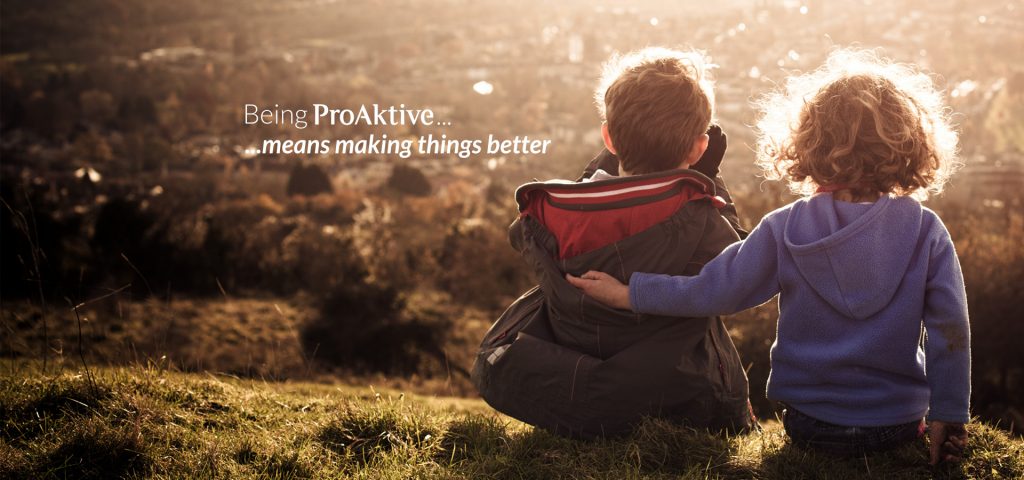As we head into this unprecedented time, it is natural that we concentrate on the physical measures required to stop the spread of the disease. What we may do though, is neglect our mental health during this period. We are not experts in this field, however we thought it might be prudent to bring together some sensible advice that may be of help.
Firstly, the World Health Organisation (WHO) has published an in depth document with advice during the crisis (click here). It gives some sensible brief advice: minimise watching, reading or listening to news that makes you feel anxious; keep updated through official sources only and; get the facts not the rumours.
This might not make much sense initially, but it’s easy during these times to become addicted to Twitter and Facebook messages of doom. Getting advice from recognised official sources means that you’re not participating in misinformation and you are getting the information that you really need. The WHO also advise to maintain social contact, with neighbours and friends, and not to be afraid to express how you feel. Finally, it is important to maintain exercise to aid mobility and ease boredom, particularly if you are in isolation. 
The Mental Health Foundation also has some good advice (Click Here). It reinforces the WHO’s advice regarding news, but further advises to: stick to a normal routine if possible, remembering stress management and a healthy diet; try not to make assumptions about who or what is responsible for the outbreak and; try to anticipate distress.
It is natural to feel vulnerable and overwhelmed, so it is important to try and reassure people that you know might be worried or who you know are alone during this time.
Finally, OCD UK has some salient advice for sufferers (Click Here) which includes: limiting hand washing time to the 20 seconds recommended by medical experts; not allowing OCD to dictate self-isolation; and that it is okay to continue any ongoing therapy.
It’s important to end this on a positive note and OCD UK helpfully provides a list of things that we can still do:
- Listen to music
- Talk to and video message friends and family
- Read your favourite books
- Enjoy the outdoors, even if it’s your garden in the short term
- Sing or dance at home (sometimes it’s best that these are done behind closed doors!)
- Smile and laugh
- Watch your favourite film or tv shows
- Have hope
 Some further useful sources of information includes: The American Centres for Disease Control (CDC), The United Nations (UN), Mind UK, The UK Government and Public Health England.
Some further useful sources of information includes: The American Centres for Disease Control (CDC), The United Nations (UN), Mind UK, The UK Government and Public Health England.
We’re in this together. Please get in touch with us if you feel we can help you with managing risk in your workplace.
By Ian Clayton CMIOSH – Health and Safety Manager

